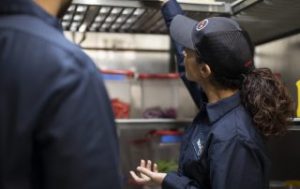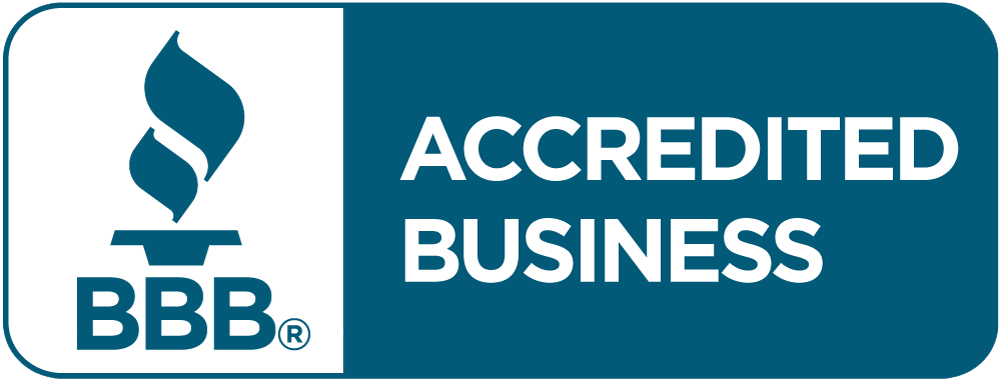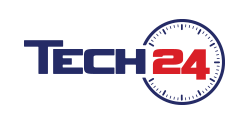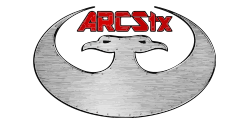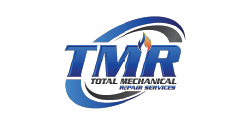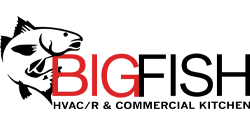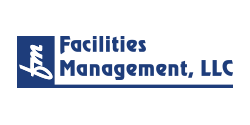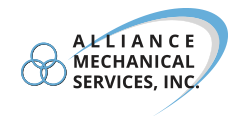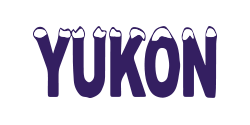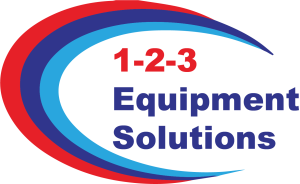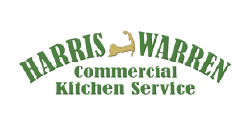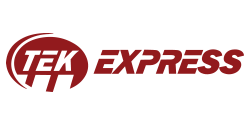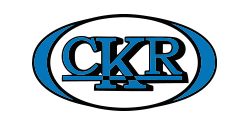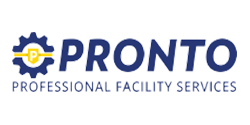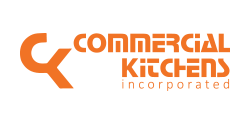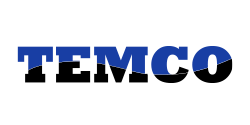Commercial Heating Systems: A Preseason Readiness Checklist for Restaurants
As we enter the fall season, those in the commercial foodservice world must prepare for that sudden drop in temperatures and its resulting impact on a building’s heating systems. Many times, however, this important step is overlooked and results in some negative consequences.
Tech24 technicians have encountered many unfortunate heat-related SOS calls involving a lack of preseason preparation that created adverse effects to seating capacities, as well as increased service and repair times, unplanned repair bills and noticeable declines in indoor air quality.
Preseason Heat Readiness Checklist
A proactive approach to readying your commercial heating system for changing weather will help you avoid potential equipment downtimes. Here are some Tech24 suggestions for entering the cold-weather season smoothly.
✓ Check your system early
If you wait until the first day the weather dips below freezing to see if your systems are working, you could be in for some disappointment. The sudden realization that a system is not functioning correctly may cause you to close a portion of your seating, resulting in increased wait times for patrons as well as decreased sales and gratuities for staff.
✓ Contact your service provider early if there is an issue
Waiting until the problem identifies itself can increase your wait time for your service provider to arrive. Late fall is traditionally the busiest time of the year for service companies to receive these “no-heat SOS” calls. In addition to potential wait times, or expensive emergency after-hours service calls, you may now face additional down time while parts are being acquired. Although supply chain issues are slowly improving, new equipment wait times are still at four to six weeks for all manufacturers.
✓ Schedule a preseason heat inspection
If you do not have a planned maintenance program in place, schedule a preseason heat inspection with your HVAC provider. During these inspections, your technician should perform these tasks, at a minimum:
- Replace indoor air filters and belts
- Inspect heat exchangers for cracks
- Clean burners, ignitors, and flame sensors
- Check gas pressures
- Check for gas leaks on all piping
- Ensure smooth burner ignition
- Inspect for flame roll out at burners
- Clean all fresh air intake filters
✓ Test for indoor air quality
Another concern with unmaintained heating systems is indoor air quality. One of the hidden dangers of forced-air gas heating systems is the possibility of carbon monoxide poisoning, generally from a heat exchanger within the system. While toxic levels of carbon monoxide are extremely rare, lower levels can still be problematic, causing symptoms for patrons and staff such as headaches, dizziness and nausea. In It is a good idea to institute a year-round carbon monoxide monitoring system in commercial kitchens that utilize gas appliances, as higher levels can indicate exhaust systems are not operating correctly. Plug-in carbon monoxide detectors are readily available and an inexpensive way to monitor air quality.
✓ Consider a planned maintenance program
The cornerstone of a smoothly functioning restaurant is properly maintained, reliable equipment. Even the most efficient and knowledgeable commercial foodservice operators cannot do their jobs when a failure happens. Preseason heat checks should become part of a larger preventative program that can save you dollars and reduce equipment failures in the long run.
Proactive measures drive success
Having your heat system inspected and cleaned is much like changing the oil in your own car. It prevents problems — and in some cases, disasters — from occurring, but it also allows your system to run more efficiently. For example, a dirty air filter or a worn-out part that is near failure can cause your system to consume much more energy to continue running. As an added bonus, an increase in efficiency can even serve to lower your restaurant’s electric bill.
David Filson, Tech24 Director of Technical Training

